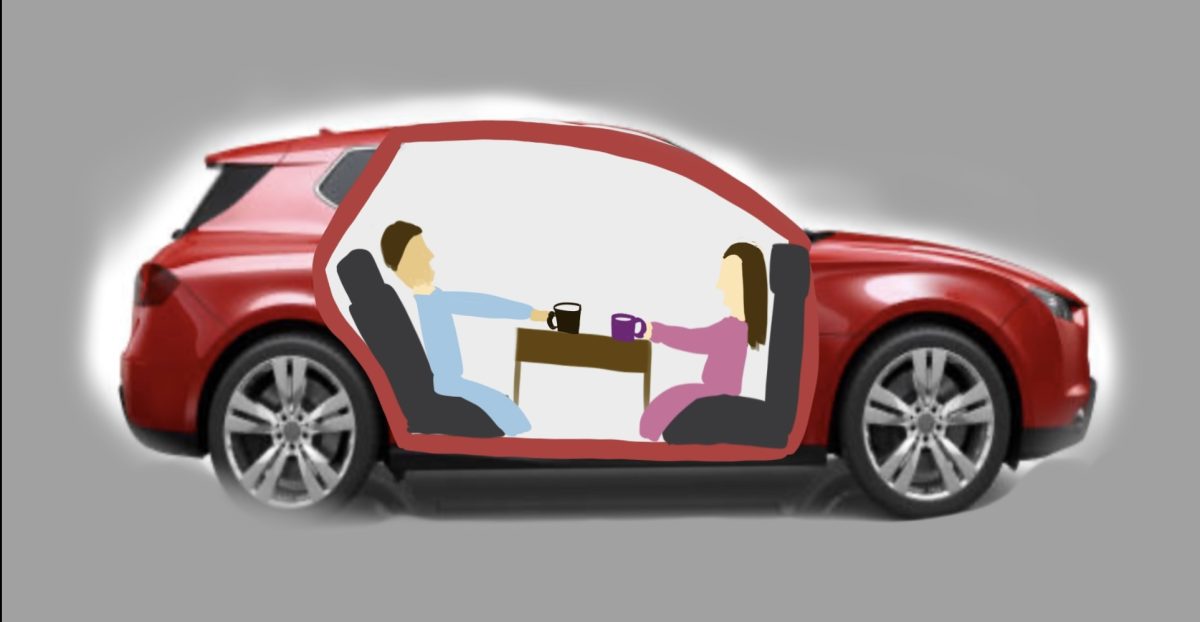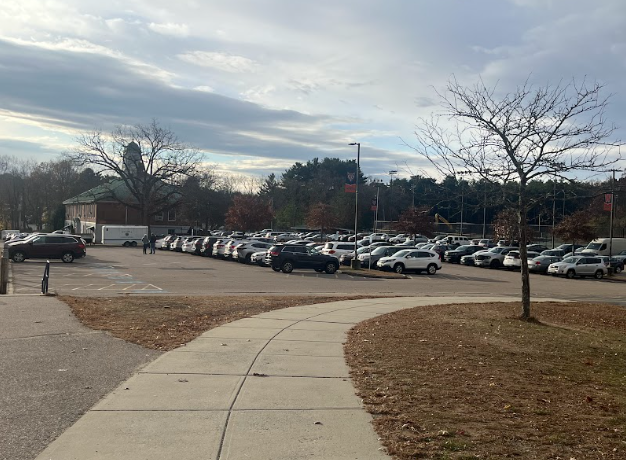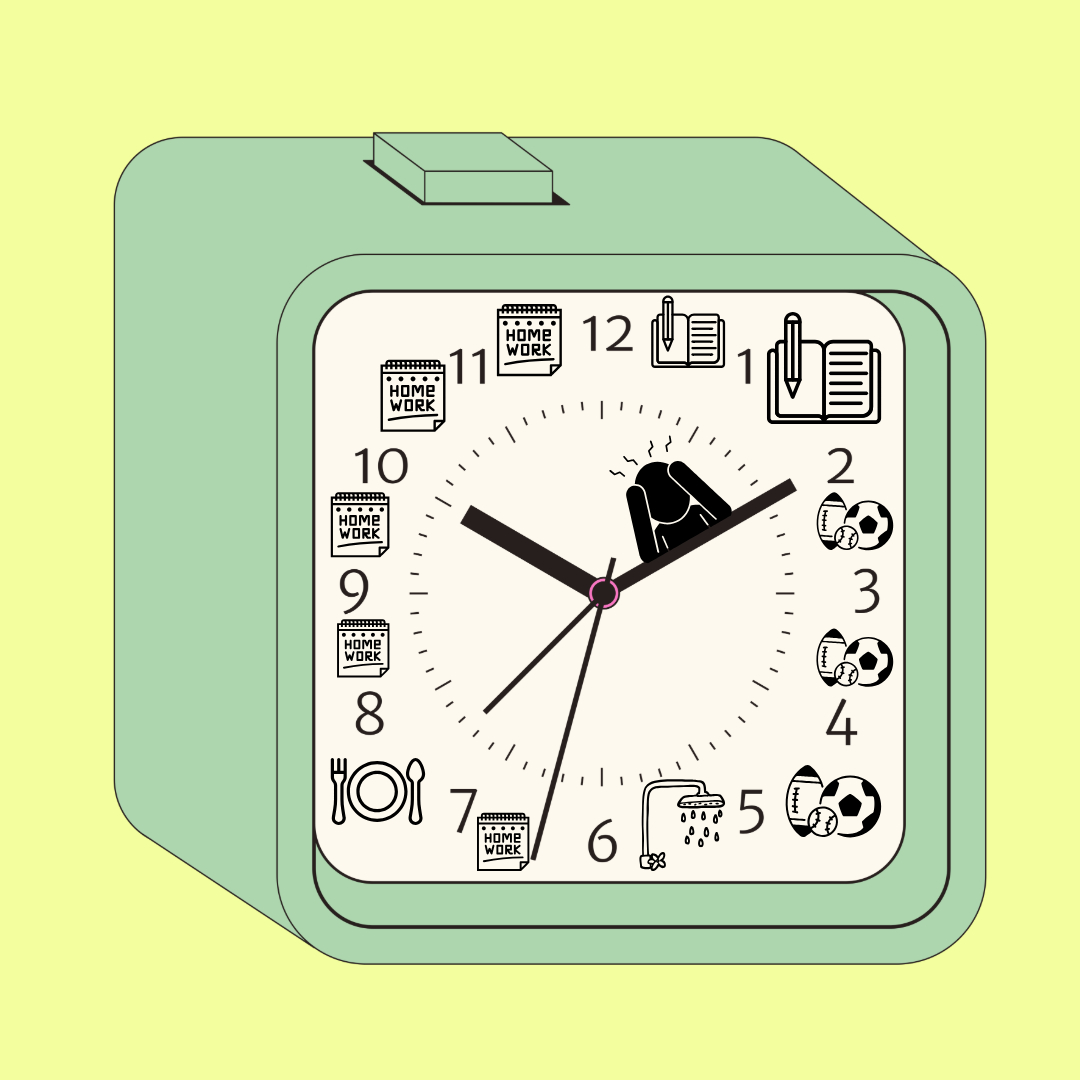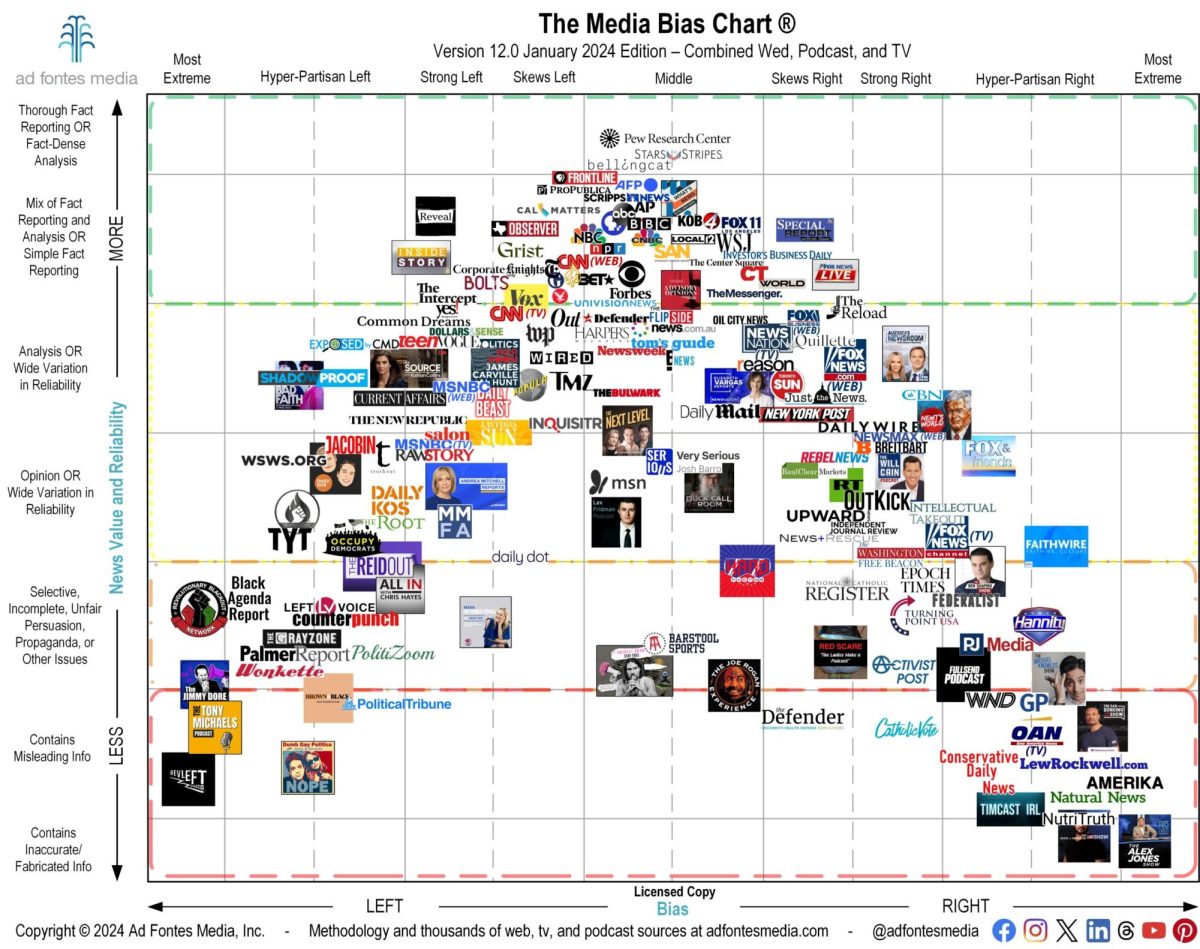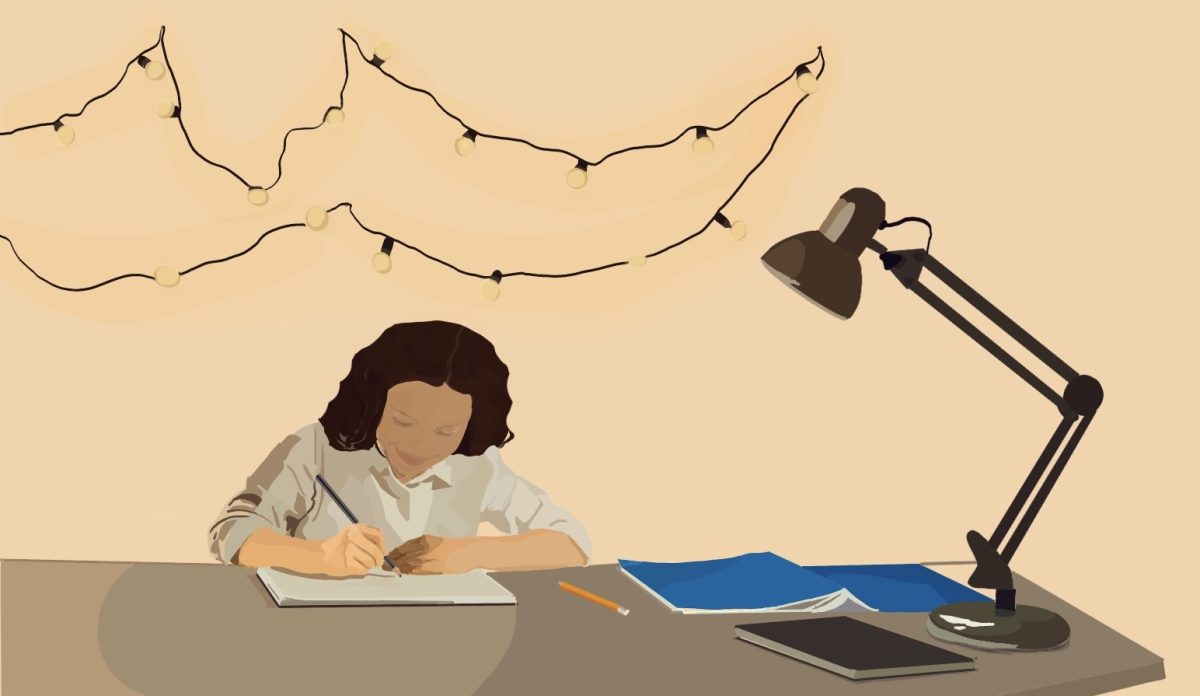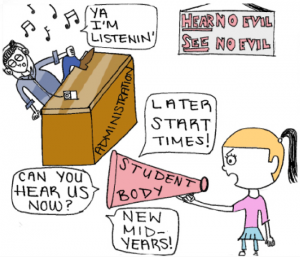
By Emily Martin and Daanya Salmanullah
A school administration creates new policies to stabilize the community. Usually, they create those policies with the approval of school leaders – leaders such as department heads, teacher volunteers, parents, and representative students – in order to ensure the effective implementation of the policy changes.
However, sometimes these groups get overlooked. With the many changes at Walpole High School in the last two years, students have lacked a voice in the planning and implementation of some new policies. An earlier school start time, an extended passing time, the retake policy, a new midterm exam schedule, a new tardy policy – these changes were all made with little to no input from the students.
At times, the lack of student input has gone unnoticed because those decisions are clearly beneficial to students. For example, the recent change to a ten minute extending passing time between second and third block classes proved to be a positive change with the support of the majority of the student body. However, in many cases, these new policies rarely receive such positive feedback from the entire school because students have little say in administration’s decision making process.
Conversely, for other cases, the administration seeks input from only a small number of students at a time. For instance, Principal Stephen Imbusch visited student homerooms this fall to hear their concerns about potential changes to the midyear exam schedule. In the Student Council homeroom, junior Stina Cofsky, created a potential schedule of her day for Principal Imbusch to show that when given exams during a full length day of school, the average student did not have time to study for other exams and complete daily homework. Other students (from outside of Student Council) also circulated a petition, while one student made a Powerpoint to present to administration. Principal Imbusch and administration appeared to listen to the student concerns, for they adjusted the midyear schedule by eliminating the midyear schedule entirely and giving teachers the option to give or not give an exam. This positive change demonstrates how student input can have positive effects on the school; however, that student input needs to be more systematic.
Last year, Walpole High implemented a retake policy (or philosophy). Principal Imbusch encouraged teachers to offer retakes for students on assessments to improve student learning – a largely beneficial change for students. However, the policy varies from department to department and even teacher to teacher. Some teachers allow retakes for students below a certain numerical threshold; others refuse retakes altogether. Since the new policy has not been included in the Walpole High School Student-Parent Handbook and the policy varies based on teacher, students perceive unfairness in the wide variety of teacher’s personal retake philosophies. While students have been invited to the Handbook Committee meetings, the retake policy currently does not exist within the handbook, so students really have no control over the policies. Had administration included students on the process of brainstorming or implementing, they may have avoided many of the student misperceptions about the unfair implementation of the policy.
Both administration and student body must learn to work together in a systematic fashion in order to achieve the most effective and efficient balance of both learning and contentment. Once this balance has been achieved, the productivity of the school will be at its peak, creating the best environment for all.
Currently, History Department Head Michael Donahue heads the “Vision Committee” for Walpole High School — a committee comprised of teachers, department heads, administrators, and janitorial staff. This committee does not have a single student. The Vision Committee is meant to establish a five-year vision for Walpole High School — where will we be in 2020? What will the high school look like? What kind of electives should we have? Should every student have a laptop? However, there is not a single student voice at the table. Similarly, this fall, there was a “Grading Policy Committee” that met with Assistant Principal Bryan Hand to review the grading changes that took place last year. This Committee was comprised of teachers and department heads, but there was not a single student voice at the table.
Students could easily be present at different committee meetings to share their opinions with the faculty to gain feedback on decisions being made to enhance the school’s function for all. Also, with the current advances in society and technology, there are many possible ways to effectively have a cooperative school environment where everyone has a chance to voice their opinion through Twitter or the updated School Website.
When committees do have student representation, decisions are more well received by the student body. On the District Level, the District School Improvement Plan and Strategic Planning Committee (which aims to create long-term goals for Walpole Public Schools) at least have students on the committees. Additionally, senior Mary Hinton, junior Julie Hinton, and sophomore Liv DiPasca are several student representatives for the Walpole School Committee. These students attend the meetings — held twice every month — and summarize current events at the high school such as tournament sports matches and extracurricular activities. The School Committee and the District-level Committees prioritize students at each of their meetings, and that model should extend to the high school level.
If the school administrators want to create effective policies, they need to systematically include students on the policy changes that affect them. If students can go to college or get full time jobs after they graduate, then they should be able to make decisions regarding the biggest part of their young lives: high school.


